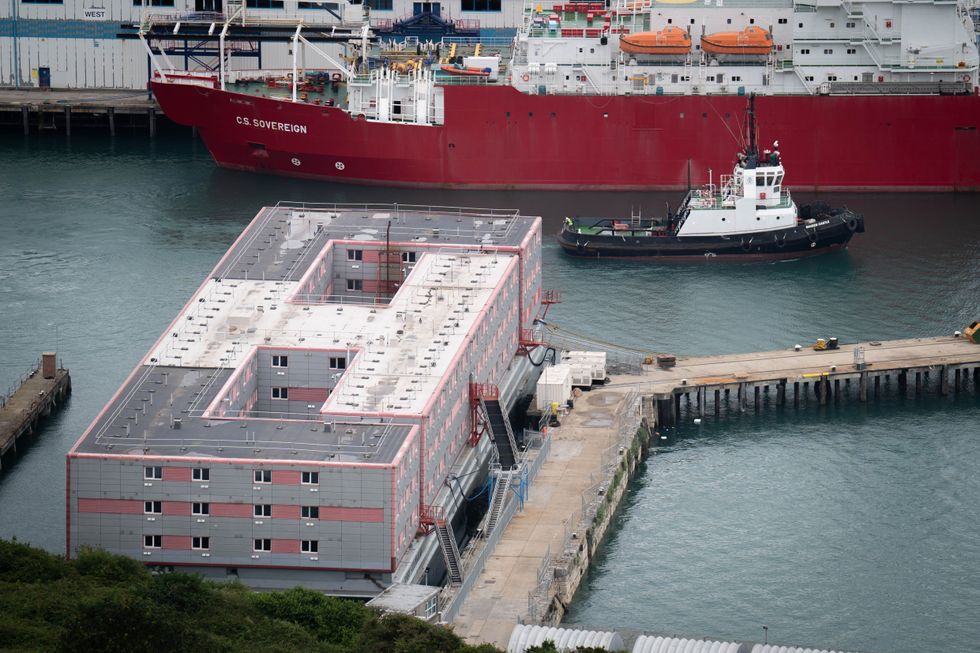Government confirms 100 hotels used to house asylum seekers handed back for public use by end of March
The latest movements will mean there are 20,000 fewer asylum seekers in hotels now than six months ago
Don't Miss
Most Read
Trending on GB News
One hundred asylum hotels will handed back for public use by the end of March, the Home Office has confirmed.
Officials say that the 100th hotel will be handed back next Friday.
The Home Office said the residents of all 100 hotels had been placed into other accommodation such as large purpose-built sites and the private rented sector.
The latest movements will mean there are 20,000 fewer asylum seekers in hotels now than six months ago, down from over 56,000 at the end of September 2023.

The Home Office said it is continuing to negotiate with a range of providers to find the cheapest accommodation
PA/GB News
In August last year, Prime Minister Rishi Sunak pledged to end the use of hotel accommodation to house asylum seekers, which currently costs £8.2million a day.
Home Secretary James Cleverly said: “Five months ago, we promised to reduce the use of hotels, return them to their local communities and resume their ordinary use.
"Today is proof that our plan to stop the boats, maximise efficiencies across the asylum accommodation estate and move asylum seekers to more sustainable accommodation is working.”
The Home Office said it is continuing to negotiate with a range of providers to find the cheapest accommodation to ensure value for money and reduce reliance on hotels.
LATEST DEVELOPMENTS:

The Bibby Stockholm is used to house asylum seekers arriving to the UK
PA
The latest announcement around hotel accomodation comes after the financial watchdog revealed the cost of large scale accommodation sites, including former military bases, were more expensive than continuing to use hotels.
The National Audit Office (NAO) said that the £1.2billion cost of using sites, including the former RAF bases at Scampton and Wethersfield, would be £46million more than if those asylum seekers stayed in hotels.
However, the Home Office said the NAO had included redevelopment costs at those sites and long term accommodation costs of larger locations would be cheaper than continuing to use hotels.









